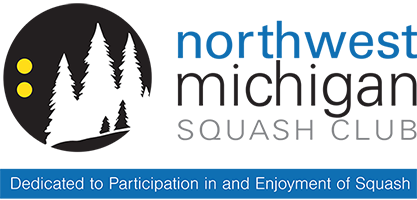Squash is played in a confined space with rapid movements to the ball and only a brief moment to react to an opponent’s shot. Two principles are essential for orderly play:
Safety: Players must always place safety first and not take any action that could endanger the opponent.
Fair play: Players must respect the rights of the opponent and play with honesty.
To maintain the integrity of the game, US Squash has adopted a Code of Conduct ussquash.org/policies/code/ and a set of rules intended to encourage safe and fair play. The principles in the Code of Conduct are as follows.
Being respectful of one’s opponent and the officials, courteous on and of court, and responsible for one’s own behavior are the fundamentals of competing in a sportsmanlike manner and upholding the integrity of the sport. Squash requires achieving this, while competing in very close quarters with one’s opponent, often in situations where the players are physically and mentally pushed to the limit, when the difference between winning and losing fairly is in the hands and control of each player. Competitors must balance many elements which are ultimately in each individual’s control – sportsmanship with the desire to win; courtesy and respect with raw determination; fair play with , – all while testing limits physically and mentally. Preserving the integrity of squash, the true essence of the sport, relies on everyone involved in the game being courteous, respectful, and responsible for his or her own behavior.
There is a strong ethic in squash to avoid hitting another player with the racquet or ball. The Rules strongly encourage a stoppage in play by calling “Let” where there is such a risk. The Rules provide the award of a “Stroke” (that is, a point) when the striker has held their shot because the opposing player has left themselves in a place where the striker might hit them with the ball or racquet. Likewise the Rules provide the award of a Stroke against a striker who carelessly hits their opponent with ball or racquet.
